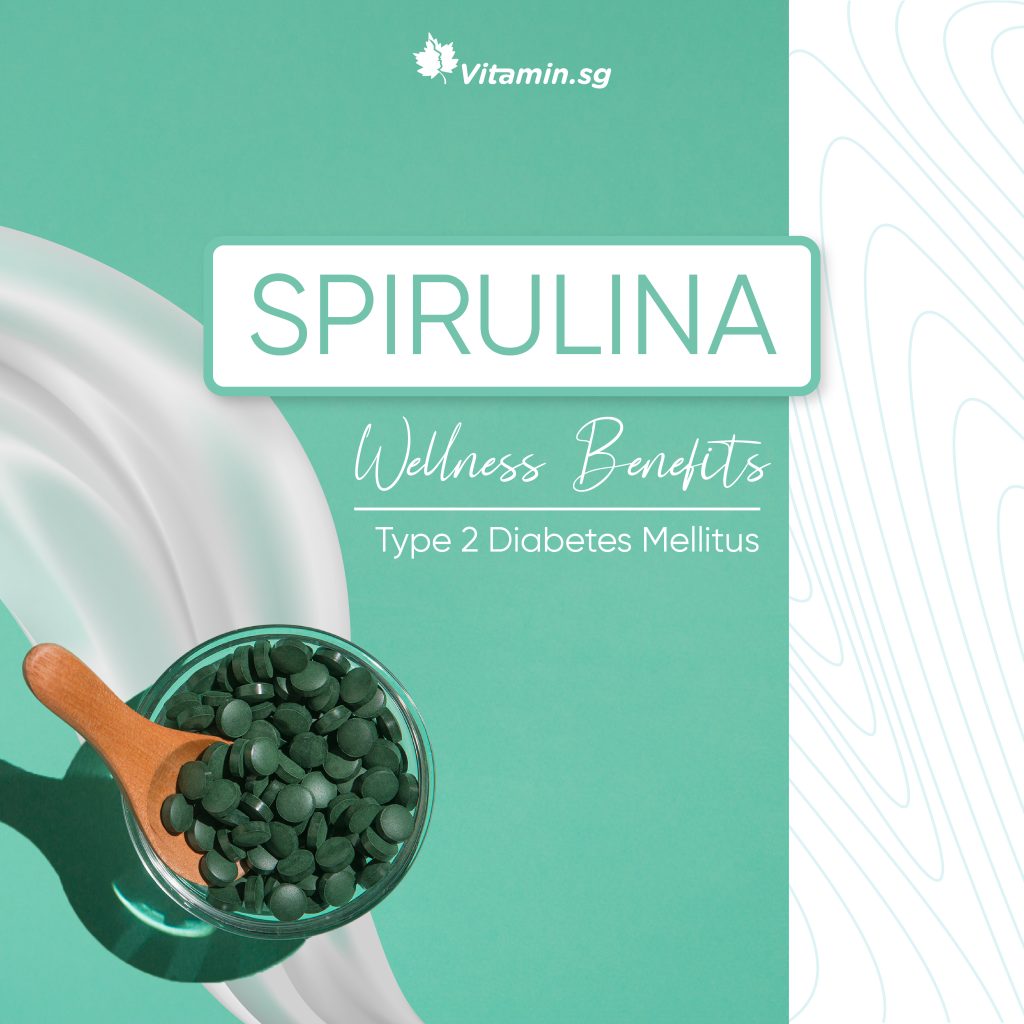Home / Health Blog / All You Need to Know About Vitamin K
Vitamin K comes from the word “Koagulation” in German. This vitamin is a fat-soluble vitamin that is mainly required for blood coagulation. Vitamin K plays an important role in blood coagulation, but there are also several other factors that are involved in the coagulation process as well. Vitamin K is also important in bone metabolism and vascular health.The recommended daily allowance for vitamin K is 120 micrograms per day. The body stores vitamin K naturally, so it is not necessary to supplement on a daily basis if you do not have any blood related conditions.Vitamin K can be found naturally in various vegetables including:
Vitamin K deficiency generally occurs when there are intestinal issues that limit the amount of vitamin K that can be absorbed. Bile duct obstruction can also cause absorption deficiency to occur. Nutritional vitamin K deficiency is rare, but it does occur if a person ingests vitamin K antagonists. If a vitamin K deficiency does occur a person may suffer from several life threatening conditions including uncontrolled internal bleeding, cartilage calcification, malformation of the bone or calcium salt deposits in the arteries and other soft tissues.A Danish scientist named Henrik Dam discovered vitamin K in 1929. He was conducting a study on feeding chickens a cholesterol depleted diet to investigate the role of cholesterol. After several weeks, the chickens began developing hemorrhages and began bleeding. Because the issue could not be solved by simply adding cholesterol back to the diet, it was apparent that another component was missing. This component was called the coagulation vitamin or vitamin K, as we know it.


